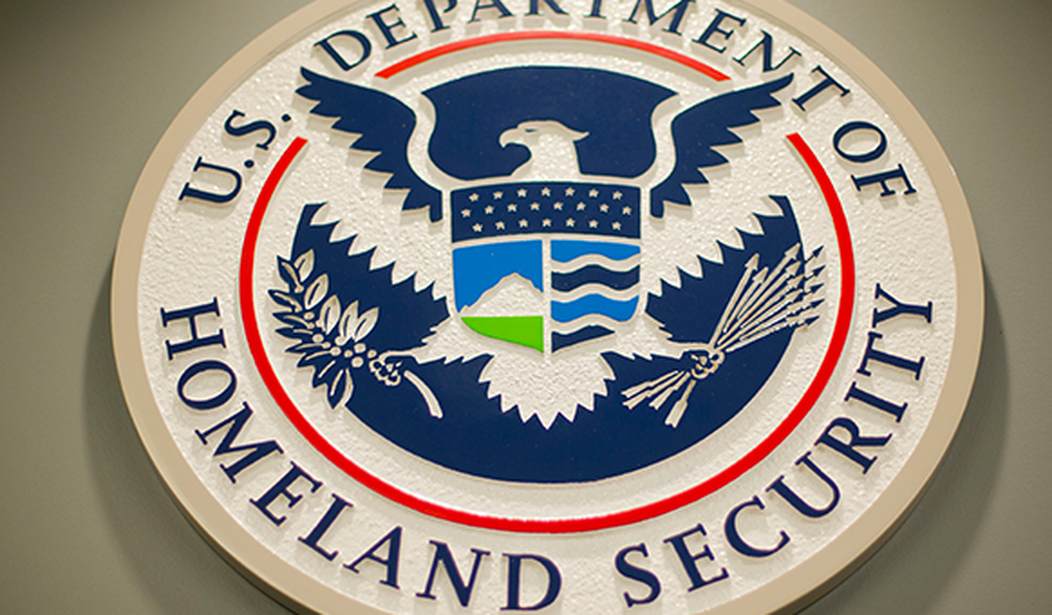People know what’s true. They can smell it.
-Tucker Carlson
I think what Tucker was trying to express with that quip is that people are instinctual more than cognitive. After all, conscious thought, by some accounts, amounts to only 5% of brain function. The rest is running in the background on ancient algorithms.
They can feel when they’re being lied to even if they don’t know exactly what the lie is or for what purpose.
And they don’t like it, as they are also bitter when they feel their speech and therefore their free will is suppressed and subverted by an unseen machine at work in the dark — the essential soul-crushing Kafka dilemma.
Related: Hillary Clinton Demands ‘Criminal Penalties’ for Americans to Deter ‘Misinformation’
The central question here is: does censorship of dissident speech in the name of combatting “extremism” actually produce its alleged intended goal of less extremism, or does it produce more?
From Naomi Wolf — an excellent ex-Democrat purged from the party in much the same way as Tulsi — via The Guardian, 2015 (emphasis added):
“After the Charlie Hebdo shootings, heads of state marched abreast in Paris in symbolic defence of France’s long tradition of freedom of speech. This seemed reassuring. But that image was what political consultants call optics – for democracies around the world have recently seen a striking wave of anti-speech legislation…
Surely, after one terrorist atrocity after another, stamping out the freedom to express “extremist” ideas on college campuses and online is a small price to pay for safety?
But the core assumption on which these politicians, including Cameron, are selling these laws to the public, is simply wrong. The concept underlying such bills is that dangerous ideas are like a virus. You can quarantine them or kill them, like germs. But ideas are like a vast, rushing body of water that will uproot checkpoints and reconfigure a landscape – if barriers are placed in its way. In fact, the history of censorship shows that it is completely useless in stamping out ideas: the fastest way to spread an idea is to censor it.”
She goes on to cite examples wherein state censorship has failed to produce the intended results.
There are likely many reasons state censorship, although it might work in the short-term, inevitably fails in the long-term, but one of the most prominent and obvious is probably the Streisand Effect.
Via Britannica (emphasis added):
Streisand effect, phenomenon in which an attempt to censor, hide, or otherwise draw attention away from something only serves to attract more attention to it. The name derives from American singer and actress Barbra Streisand’s lawsuit against a photographer in 2003, which drew attention to the photo she was suing to have taken off the Internet…
Scholars have noted that censorship often backfires when the public perceives an attempt by a powerful person or organization to repress free speech. It can incite public outrage, especially if the story involves an underdog. Moreover, attempted censorship can spur curiosity. The banning of books and websites, for instance, often drives further interest in them. People tend to want to judge for themselves what is objectionable about something that has been singled out for suppression.
People — especially ones in cultures with traditions of individual freedom like the West and America in particular — don’t appreciate being told what they are not allowed to look at and will often look at what they are prohibited from looking at out of pure spite.
And, when they do, they frequently find that whatever the official narrative was regarding the verboten thing or person or idea is inaccurate, and often grossly so.
I suspect the upper echelon of the professional managerial class understands the dynamics here. They suffer many defects — including arguably not having souls — but being stupid isn’t one of them. Not having the resources to investigate properly the phenomenon of censorship causing radicalization isn’t one of them, either.
So they must know their efforts to “combat misinformation,” etc. will only further radicalize those people they publicly claim to want to de-radicalize.
Related: German Minister Announces Pre-Crime Surveillance, Prosecution of ‘Far-Right Extremists’
Ostensibly, for its own sake if nothing else, the government would take the course of action that would result in minimal popular resistance to its program.
But it doesn’t in the case of censorship — it pushes and pushes the envelope until a record-breaking number of Americans no longer trust the institutions that once garnered so much respect and trust.
The only conclusion, if we’re not blaming hubris or stupidity, is that they want to generate internal political dissent, thereby granting themselves permission to clamp down — broader powers, bigger budgets, new authorities, etc.
Hence the “war on domestic terror” we’ve seen since the Brandon entity assumed office.
Problem-reaction-solution.










